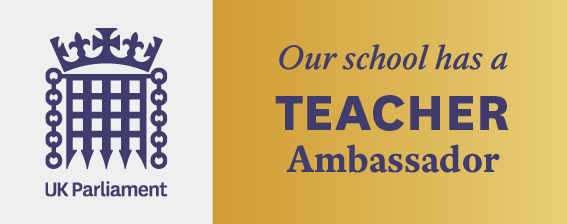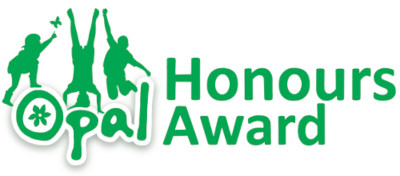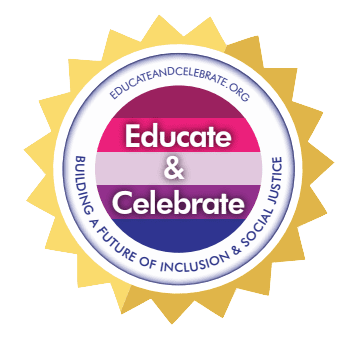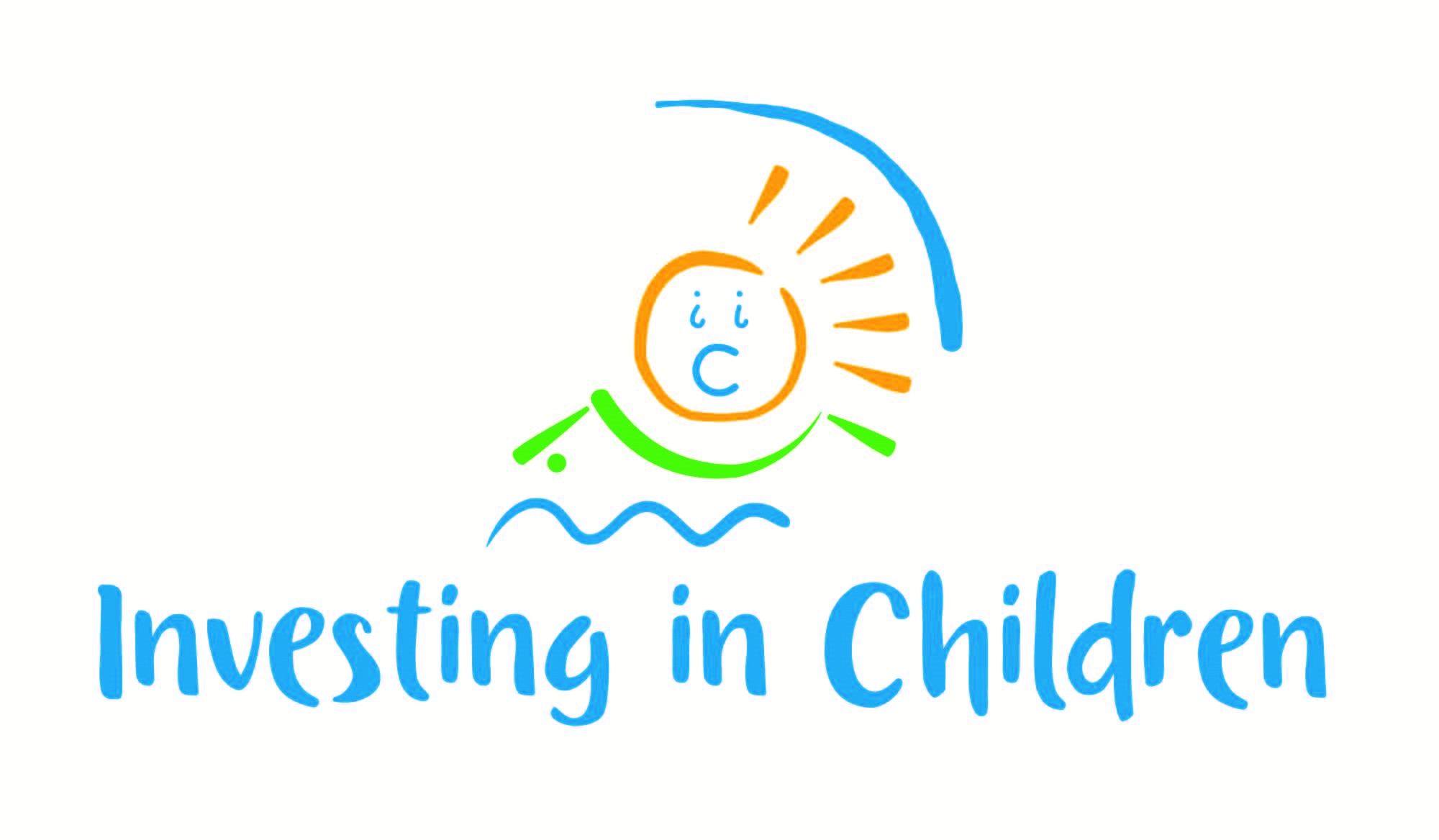| Spiritual
Music helps to promote spiritualism in that music can be a major part of many spiritual celebrations including in that of major religions as well as in meditative and well-being practises. Music also promotes a sense of wonder of the world. |
| Moral
Music supports moral development by showing children that different opinions need to be respected and valued. This may be personal likes and dislikes but also to do with the history or ways of production of music. |
| Social
Music supports social development by exposing children to the power of collaborative working in the musical arts. When undertaking musical performance children work collaboratively. Music can bring people together and children learn and are exposed to a range of genres and style which will develop opinion and critique. |
| Cultural
Music supports cultural development by looking at how musicians and performers from a range of cultures have had a significant impact globally. It also helps children to understand how important music is to the economy and culture of the UK. Music is an inherently cultural and social experience as people enjoy going to musical performances. |
Long Term Plans
Useful Subject Information
Subject Progression
Impact of Music
Impact
At Charanga, their philosophy is in line with ours in that music education is based on the principle that it should be fun and engaging for all concerned, and that every child is a born musician. We believe that every child should be given the opportunity to be a musician and we will support, guide and nurture them through this process and share their success with parents and families.
Music enables children to develop an understanding of culture and history, both in relation to children individually, as well as ethnicities from across the world. Children are able to enjoy music in as many ways as they choose – either as listener, creator or performer. They can dissect music and comprehend its parts. As pupils progress, they will develop a growing musical vocabulary that allows them to critically engage with music. Teaching and learning of music is a reflective process for the children as they are given the opportunities to assess themselves and their peers. The children also celebrate their success and skills with their peers and wider audiences. We assess through teacher assessment, pictures and video evidence which captures each child’s progress throughout the year.
At Esh Winning Primary School, children are provided with opportunities beyond the National Curriculum to further and support their understanding. Understanding that all children have different experiences of music but ensuring that they are given the cultural capital in music. This includes having visitors with a musical talent, visiting concerts and school productions. External interests and talents are also encouraged and showcased in class and assembly, ensuring that everyone is challenged regardless of previous musical experience. Children have an understanding of how to further develop skills less known to them, should they ever develop an interest in their lives.
Implementation of Music
Implementation
Every year group is provided with week-by-week lessons in Music. We follow ‘Charanga Musical School Scheme’ which is ideal for specialist and non-specialist teachers as it provides lesson plans, assessment, clear progression, and engaging and exciting whiteboard resources to support every lesson. The scheme also has a spiral approach and shows progression and retrieval through its coverage.
The music curriculum ensures children sing, listen, play, perform and evaluate. This is embedded in the classroom activities as well as the weekly singing assemblies, various concerts and performances and the learning of instruments. Through the musical program Charanga, teachers are able to produce inclusive lessons for all children to access the musical curriculum in a fun and engaging way, further promoting a love of learning. Teachers deliver music following the Charanga programme, designed specifically for the teaching of music in primary schools. Charanga lessons are planned in sequences to provide children with the opportunities to review, remember, deepen and apply their understanding. The elements of music are taught in classroom lessons so that children are able to use some of the language of music to dissect it, and understand how it is made, played, appreciated and analysed. In the classroom children learn how to play a variety of instruments. Playing various instruments enables children to use a range of methods to create notes, as well as how to read basic music notation. They also learn how to compose, focusing on different dimensions of music, which in turn feeds their understanding when listening, playing, or analysing music. Composing or performing using body percussion and vocal sounds is also part of the curriculum, which develops the understanding of musical elements without the added complexity of an instrument.
Intent of Music
Intent
The national curriculum for music aims to ensure that all pupils:
- perform, listen to, review and evaluate music across a range of historical periods, genres, styles and traditions, including the works of the great composers and musicians
- learn to sing and to use their voices, to create and compose music on their own and with others, have the opportunity to learn a musical instrument, use technology appropriately and have the opportunity to progress to the next level of musical excellence
- understand and explore how music is created, produced and communicated, including through the inter-related dimensions: pitch, duration, dynamics, tempo, timbre, texture, structure and appropriate musical notations.
At Esh Winning Primary School, children gain a firm understanding of what music is through the exposure of a range of genres and styles. It is our aim to develop and ignite a curiosity for the subject, as well as an understanding and acceptance of the validity and importance of all types of music, and an unbiased respect for the role that music may wish to be expressed in any person’s life. As pupils progress, they should develop a critical engagement with music, allowing them to compose, listen and evaluate across a wide variety of historical periods, styles, traditions, and musical genres.
We are committed to ensuring children understand the value and importance of music in their lives and in the wider community and are able to use their musical skills, knowledge, and experiences to involve themselves in music, in a variety of different contexts.








![Music-Mark-logo-school-right-[RGB]](https://eshwinning.durham.sch.uk/wp-content/uploads/2021/05/Music-Mark-logo-school-right-RGB-1.png)

